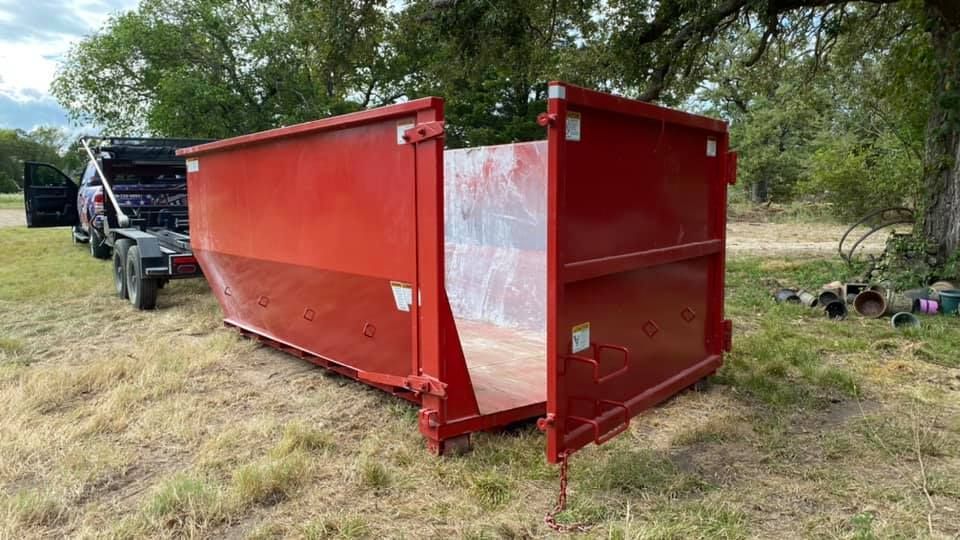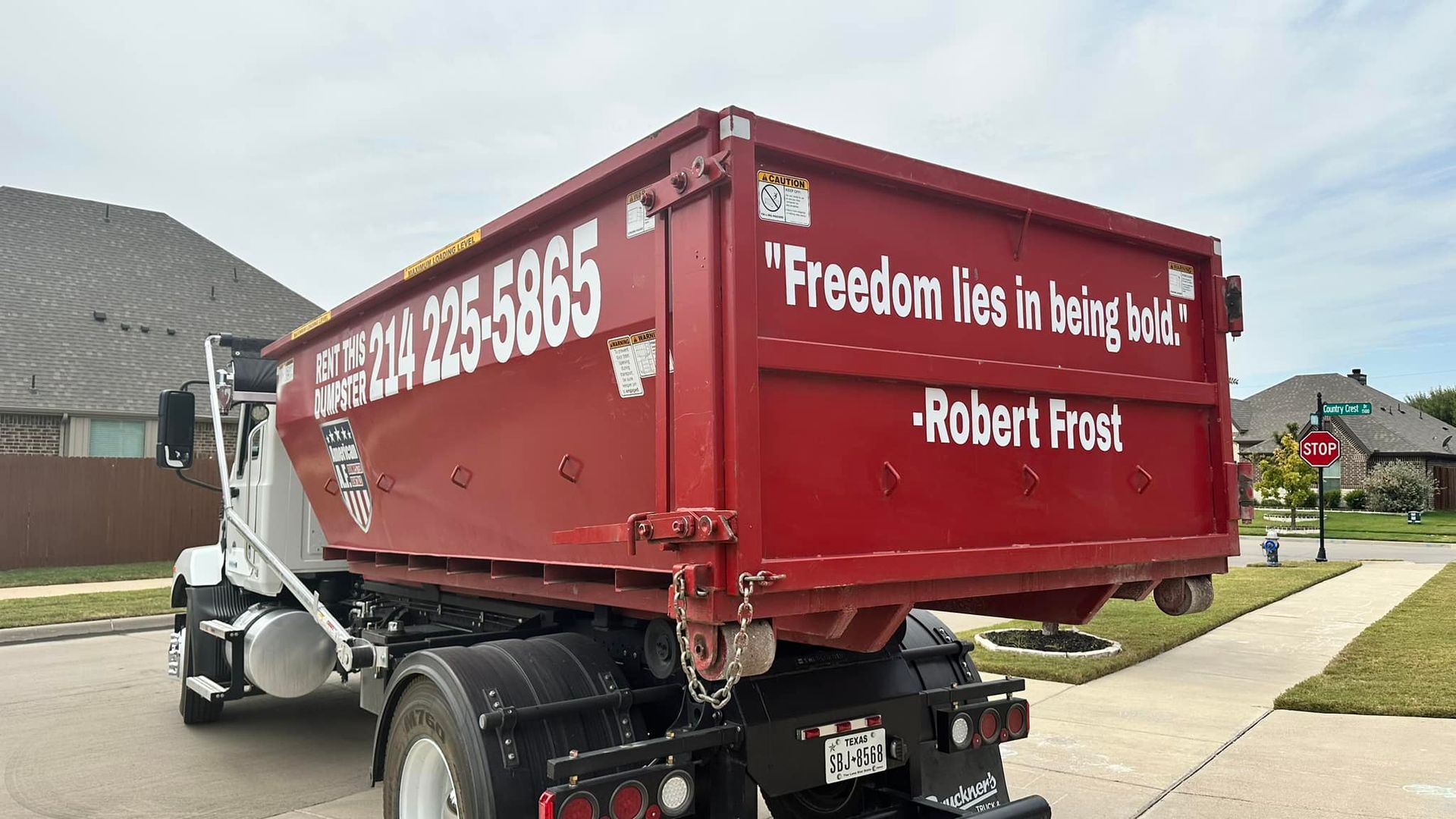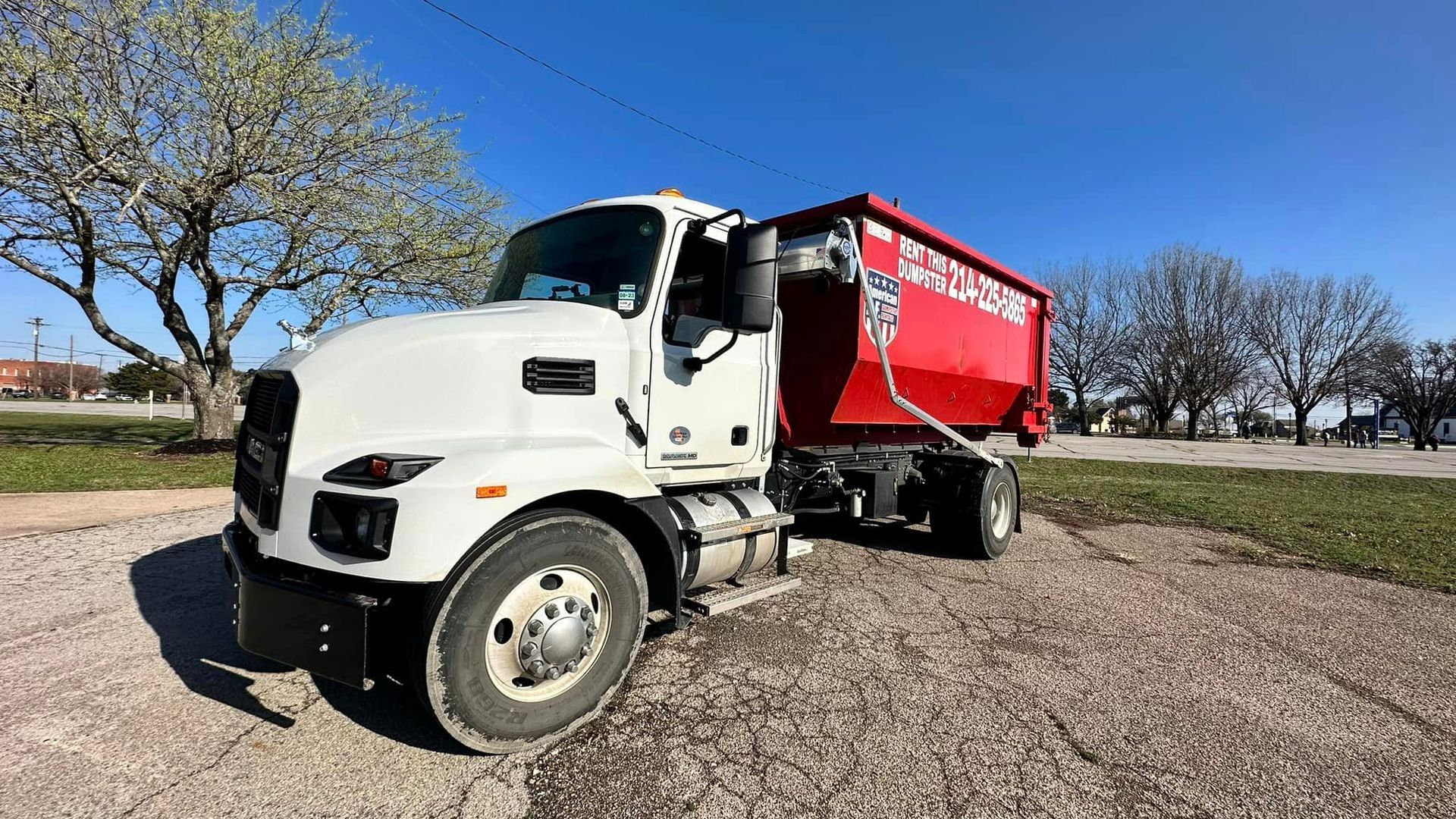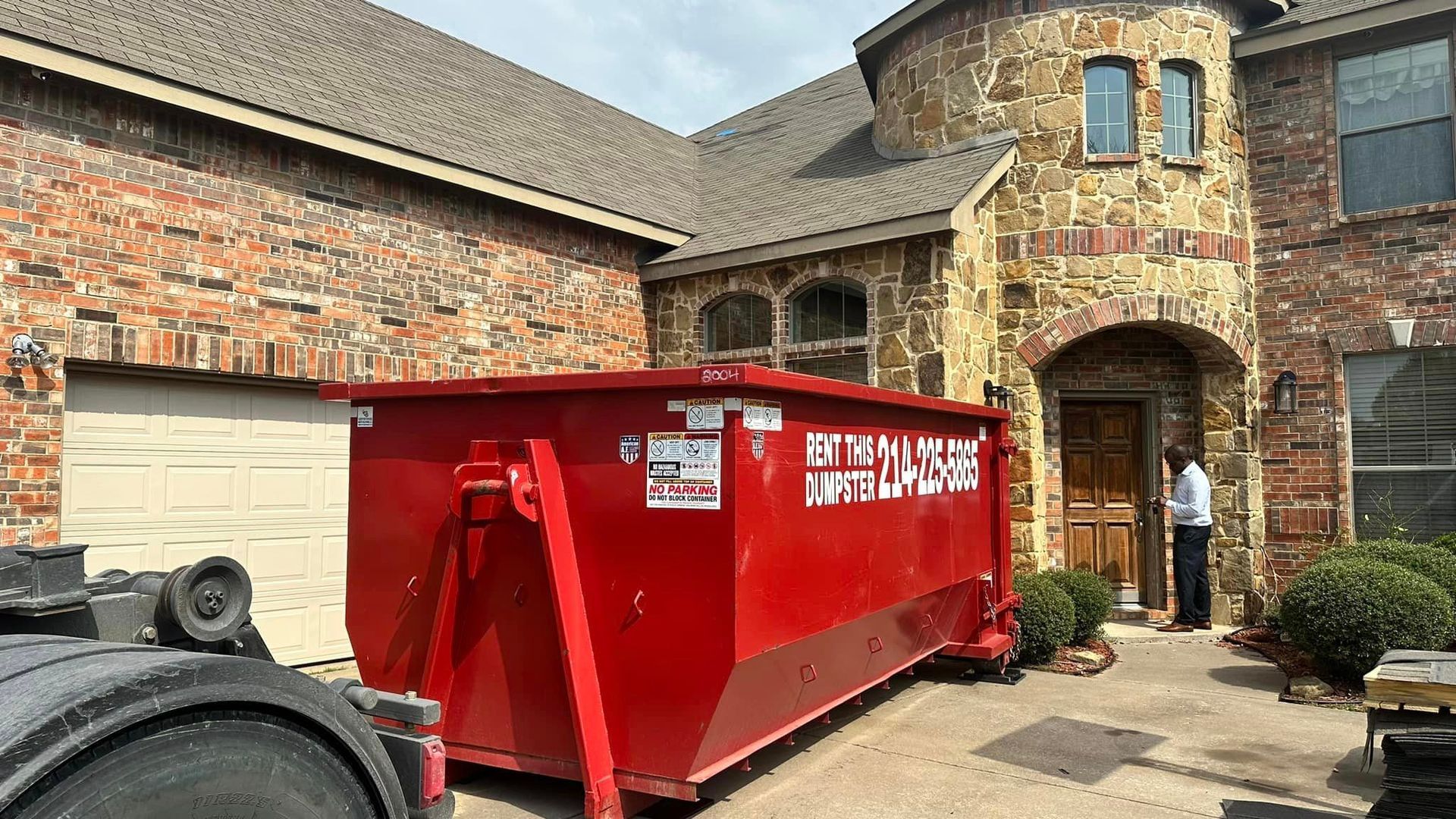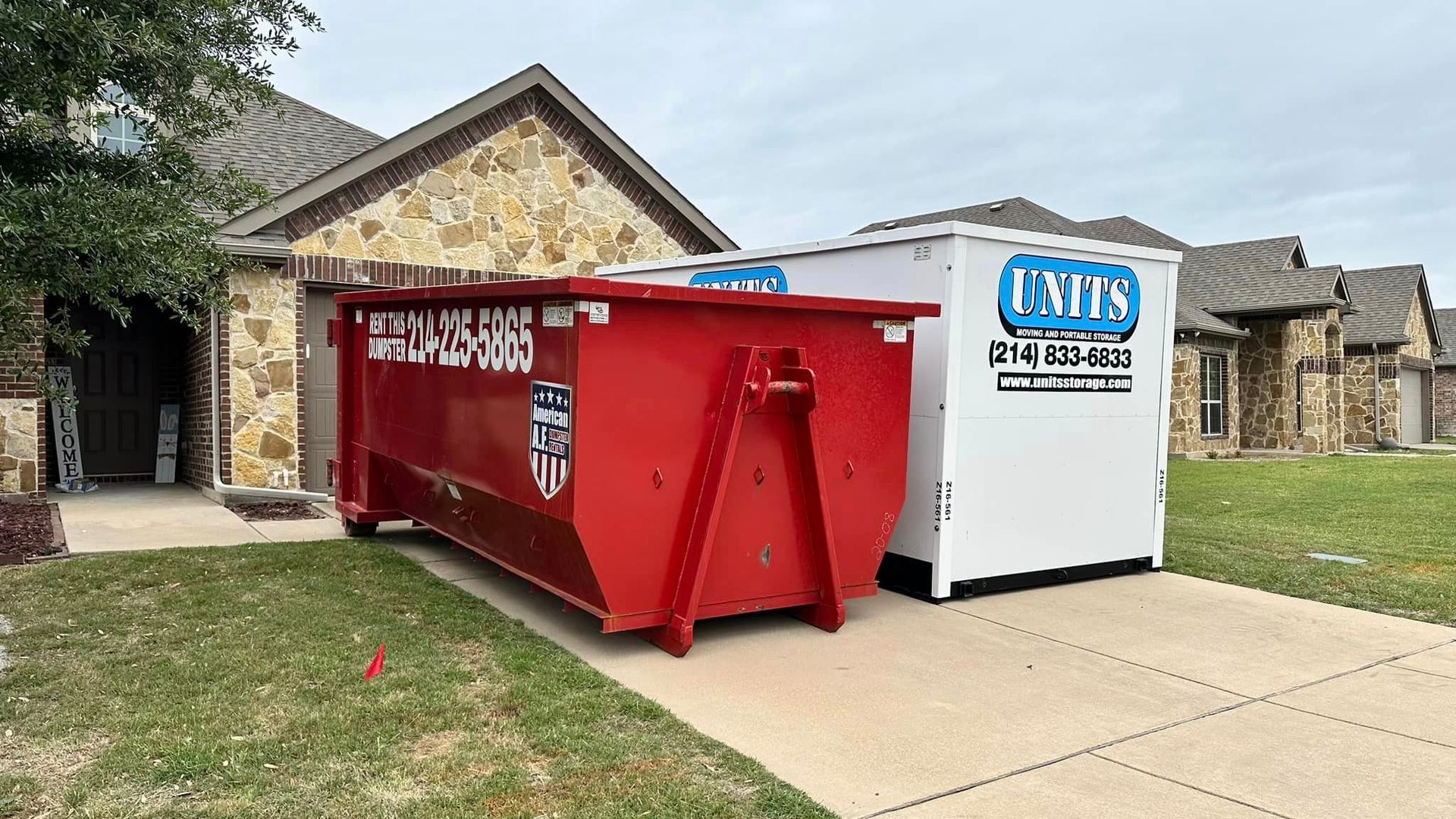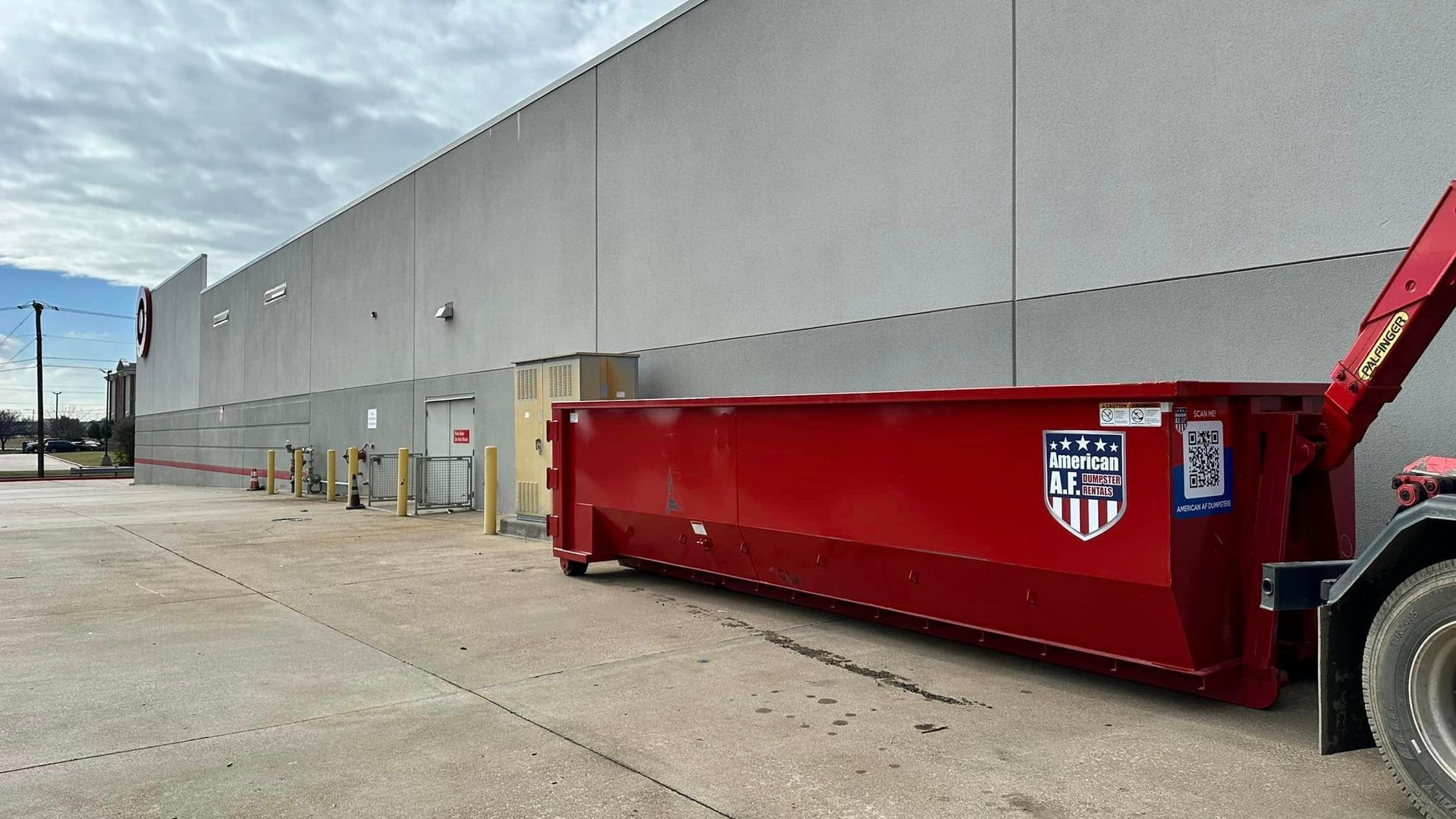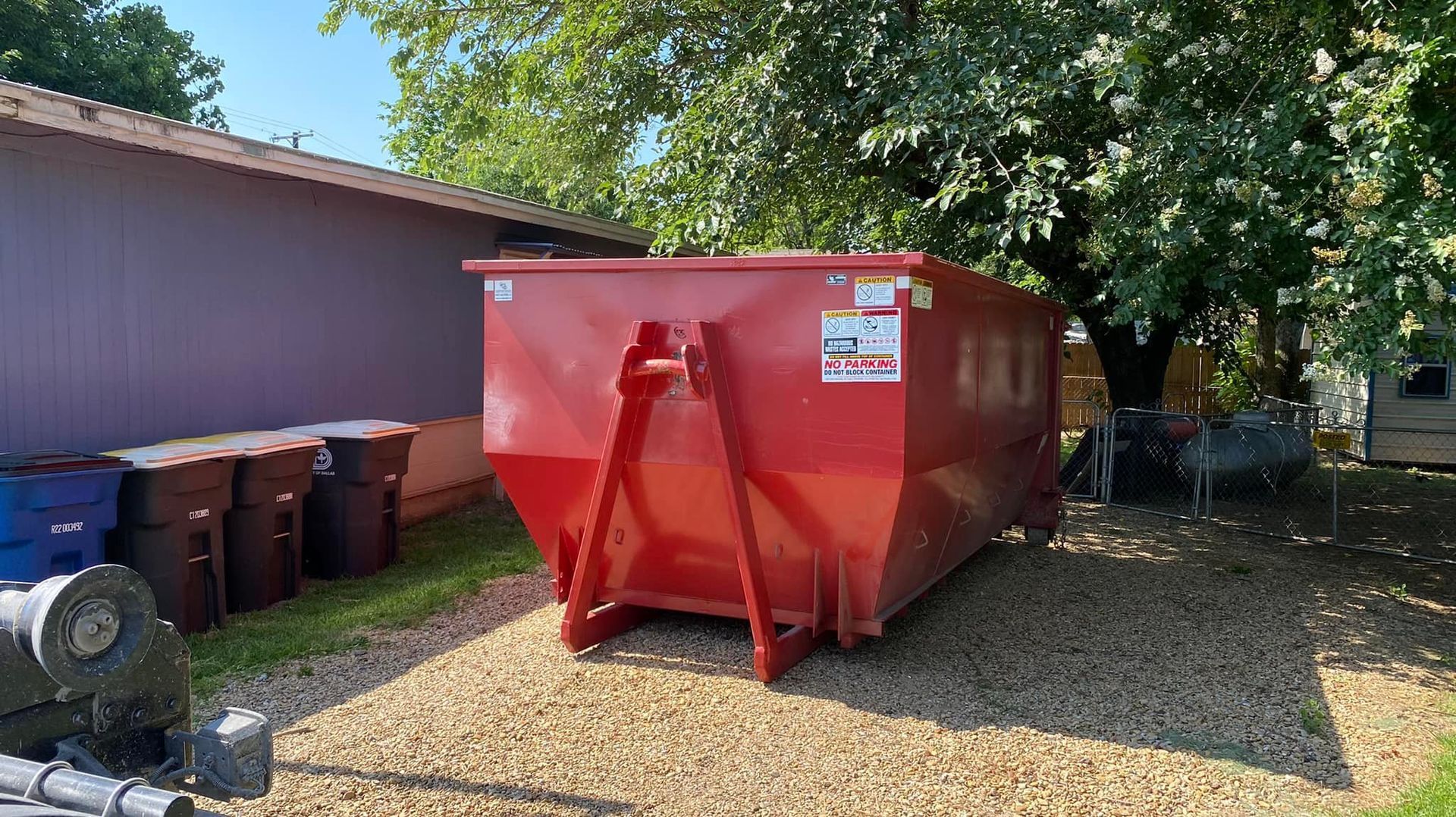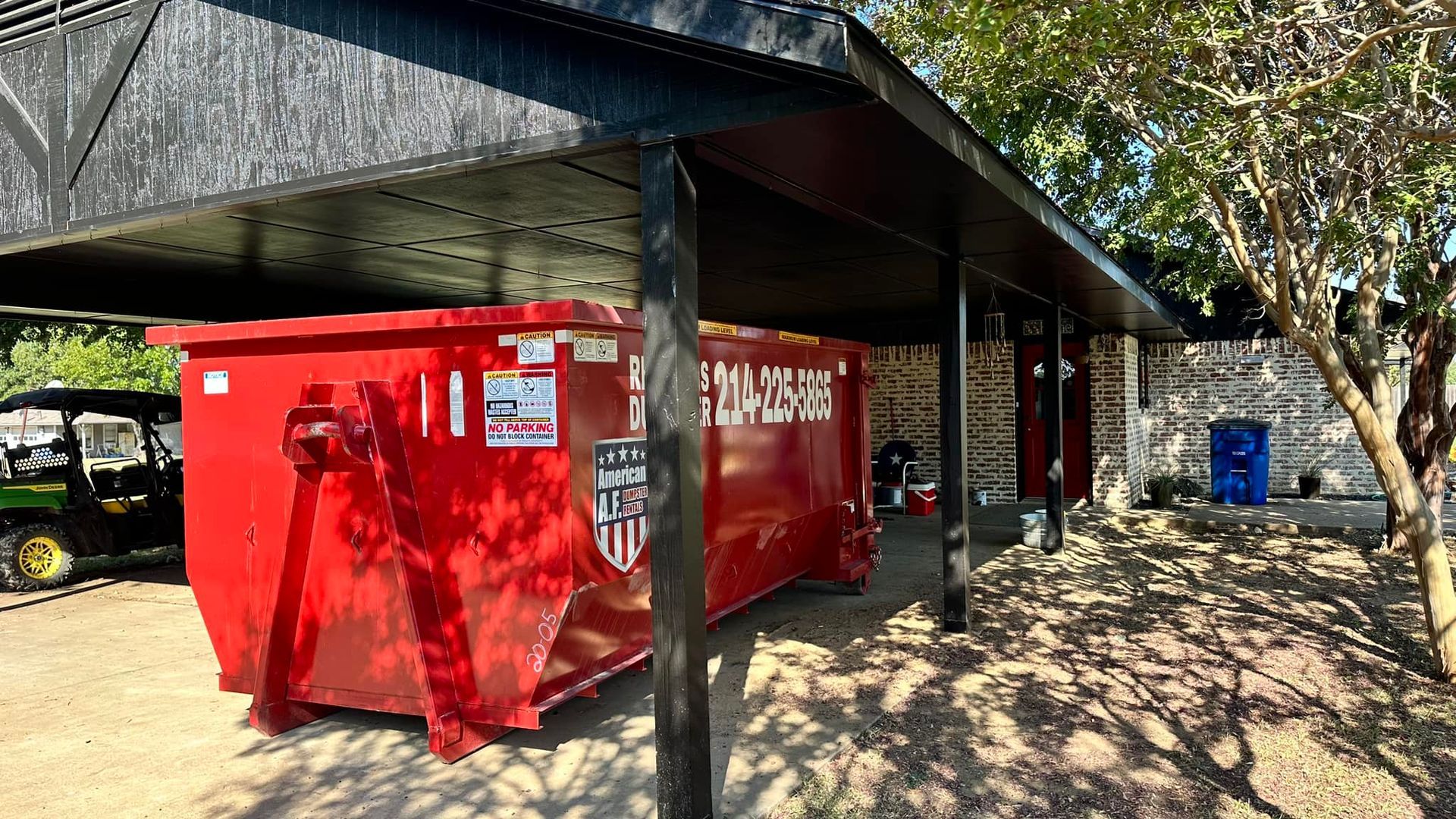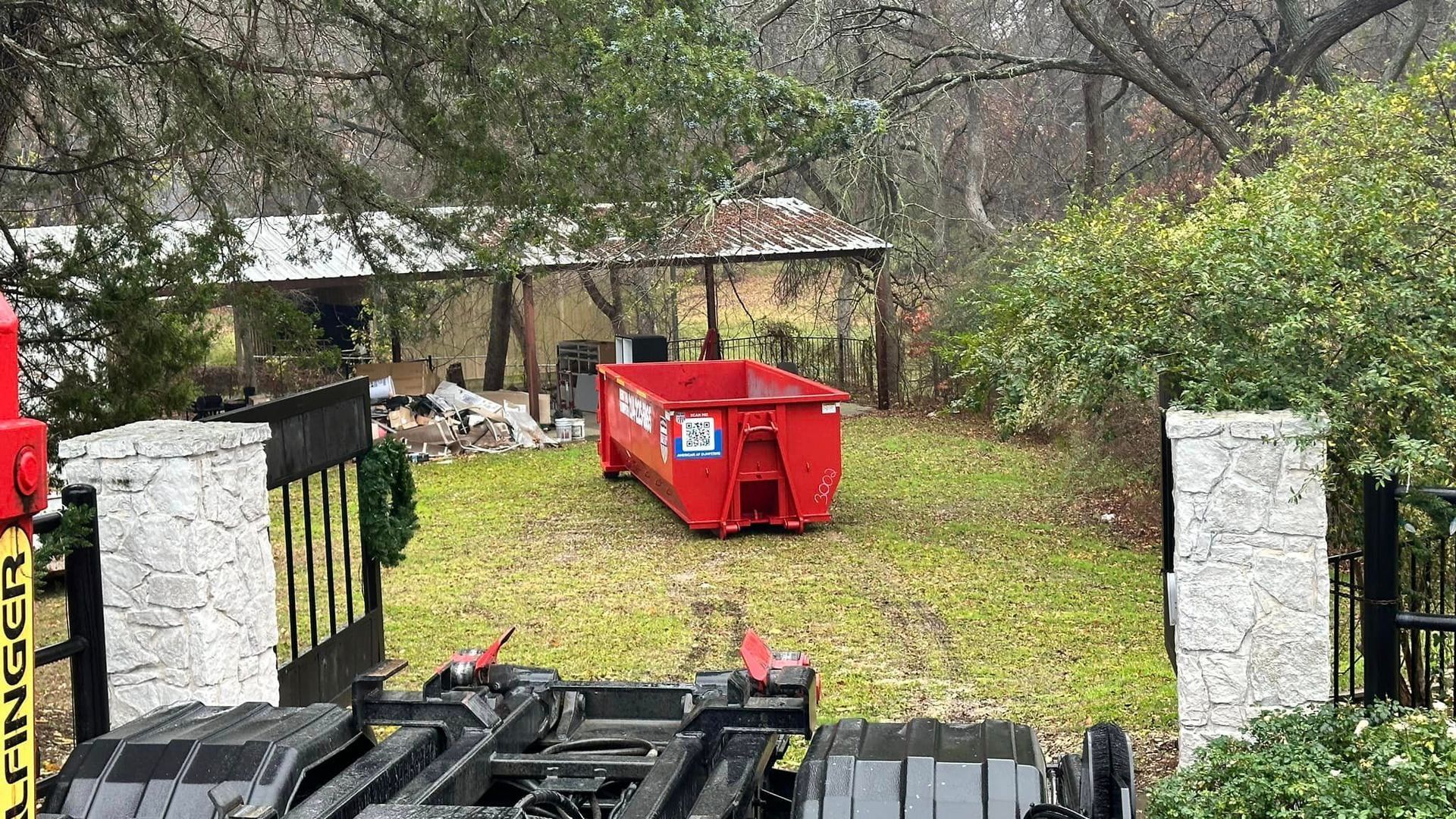How to Get Rid of Water Heater - The Best Way
How to Get Rid of Water Heater - The Best Method
Disposing of an old hot water heater can be a challenging task. Whether it's an electric water heater or a gas water heater, understanding the right way to handle its disposal is crucial. This guide provides detailed steps to help you navigate this process safely and effectively.
Table of Contents
- Why are Water Heaters Difficult to Dispose Of?
- Hazards of Water Heater Disposal
- Dispose of a Water Heater
- Find the Best Disposal Method
- Advice on Water Heater Disposal
- Parts of a Water Heater
- Key Takeaways
Why are Water Heaters Difficult to Dispose Of?
Disposing of an old heater, especially bulky items like hot water tanks, poses unique challenges. These appliances contain valuable metals and other components that require careful handling. Furthermore, the environmental impact of improper disposal can be significant.
Additionally, the removal process of old hot water heaters often involves disconnecting complex systems such as the cold water supply valve and the gas line or electrical connections, depending on the energy source. This requires not only technical knowledge but also an understanding of safety protocols. Moreover, due to their size and weight, transporting these heaters to a proper disposal or recycling facility can be a daunting task, necessitating special equipment or vehicles.
Hazards of Improper Water Heater Disposal
Improper disposal of water heaters, particularly older models, poses risks like environmental pollution and illegal dumping. Gas water heaters, for instance, have a gas line that needs safe handling to prevent risk of property damage. Furthermore, not handling the water heater's drain valve or the relief valve discharge pipe properly can lead to serious injury.
In the case of electric water heaters, hazards include the potential exposure to high-voltage electrical parts like heating elements. Mishandling these elements could result in electric shock. In addition, older hot water tanks may have insulation materials that contain asbestos or other harmful substances. Inhaling these materials during improper disposal can pose serious health risks. Therefore, understanding the specific dangers associated with your type of water heater is a crucial step in ensuring safe disposal.
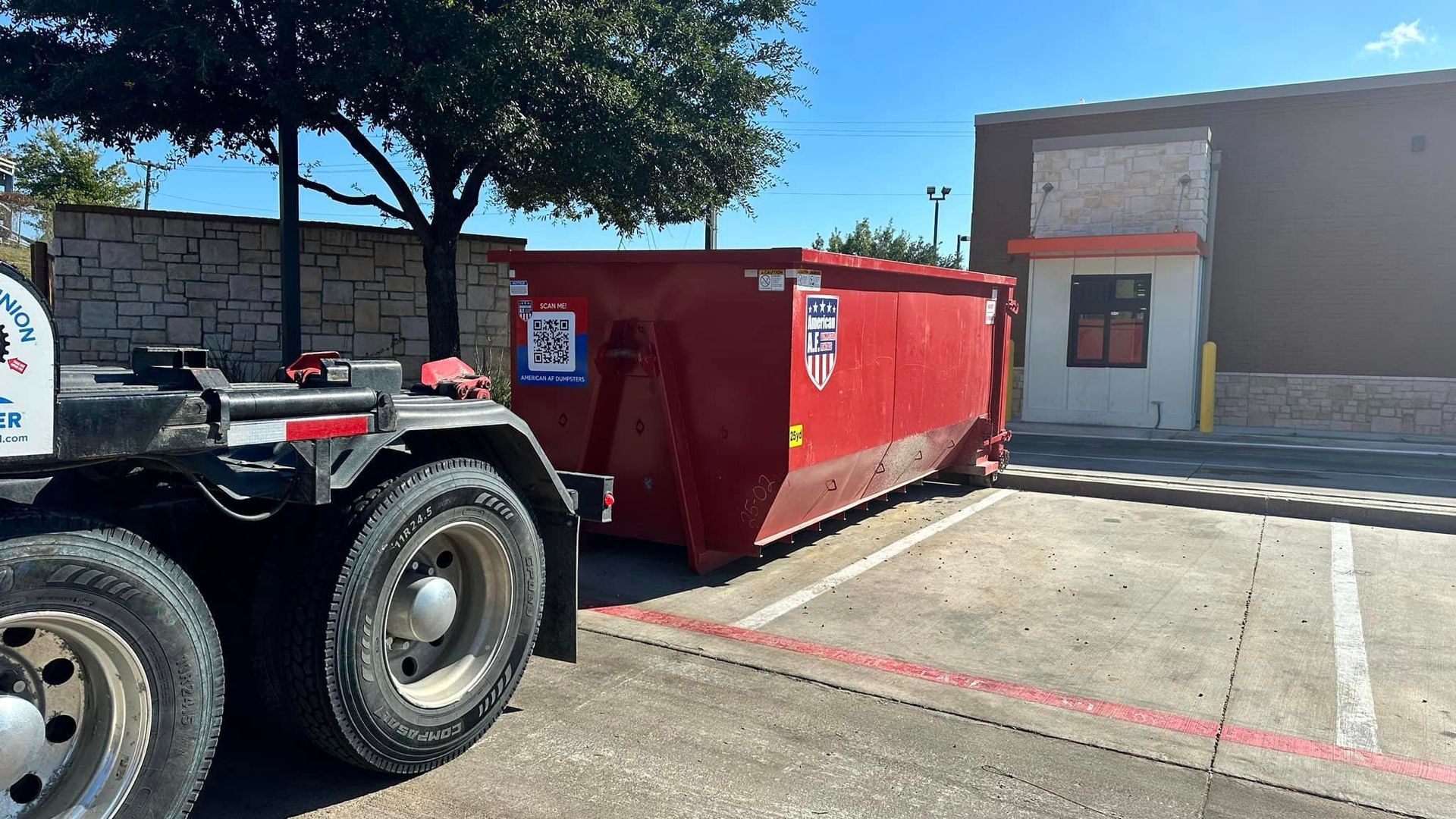
NEED A DUMPSTER?
How to Dispose of a Water Heater Properly
1. Recycle Your Old Water Heater
Recycling is a great idea for disposing of your old tank. A local recycling center can process valuable metals and ensure that parts like copper coils and anode rods are reused. This option is not only environmentally friendly but can also fetch the going rate for scrap metal.
Additionally, recycling centers often handle other components of your water heater, such as insulation and electrical fittings. They ensure these parts are disposed of or recycled in accordance with environmental regulations. Remember to check whether your local recycling center accepts water heaters, as some may have specific guidelines or restrictions.
2. Ask About Take-Back Programs
Many manufacturers and retailers offer recycling programs for household appliances, including water heaters. These programs ensure proper handling of the old unit and its parts, like the heating elements and compression fittings.
Take-back programs are not only convenient but also often free of charge. They can be a responsible choice for disposal, as manufacturers have the expertise and resources to recycle or repurpose old water heaters efficiently, minimizing the environmental impact.
3. Take it to a Community Collection Event
Community collection events are ideal for disposing of non-functional water heaters. These events often accept bulky items and can guide you on how to disconnect and transport your old heater.
Such events are usually organized by local authorities or environmental groups and can be a great opportunity to ensure your old heater is disposed of responsibly. They often have experts on hand to advise on the best disposal methods for different types of water heaters.
4. Donate Your Working Water Heater
If your old hot water heater is in good working condition, consider donating it to local charities. Ensure that the water heater drain, cold water supply valve, and other components are in good working order before donation.
Donating your water heater not only helps those in need but also contributes to sustainability by extending the appliance's life. Check with local shelters, building material reuse centers, or non-profits that accept household appliances.
5. Sell or Give Away Online
Listing your old heater on a local newspaper or online platforms can be a good option if it's in good condition. Ensure the energy source (gas or electricity) and water quality compatibility are mentioned in your advertisement.
Selling or giving away your water heater online can also connect you with individuals or organizations that can repurpose old water heaters. It's a practical way to find someone who can make good use of your appliance, ensuring it doesn't end up in a landfill.
For some more creative ways to get rid of a water heater, check out this great resource on the topic of ‘Unique Ways to Repurpose an Old Water Heater’.
6. Scrap Your Old Water Heater
Taking your old heater to a scrap yard can earn you money, especially for non-ferrous metals and parts like copper coils. Check the local scrap yard for the most money you can get for your old tank.
When scrapping, it’s important to be aware of the current metal prices as they can fluctuate. Some scrap yards also offer pickup services, which can be convenient if you’re unable to transport the water heater yourself.
7. Use a Professional Waste Hauling Service
For those who aren't the DIY type, hiring professional pickup services like American AF Dumpsters, is a better option. We handle the heavy lifting and ensure safe disposal of your old water heater.
Using a professional service can be especially helpful if you have a larger, bulkier model or if you're unsure how to disconnect and prepare the heater for disposal. These services often have the necessary tools and expertise to remove water heaters safely from your property.
For tips on how to choose a waste management company, check out this excellent resource ‘How to Choose a Dumpster Rental Company’.
Find the Best Disposal Method for Your Water Heater
Evaluate your disposal options based on the condition of your old heater, local regulations, and available services. Whether it’s a tankless water heater or an older model, choosing the right disposal method is crucial.
To make an informed decision, consider factors such as the size and weight of your water heater, especially if it's a bulky item like traditional hot water tanks. For residents in Dallas, Texas, it's important to be aware of specific local ordinances regarding the disposal of such appliances. If you're considering recycling or donating, assess the heater's condition – if it's in good working order, donation might be the best route. Conversely, for non-functional units, recycling or using a junk removal service might be more appropriate.
To learn more about what’s banned at landfills, check out this state by state resource ‘What’s Banned in Landfills: A State-by-State Guide’.
Call Us for Advice on Water Heater Disposal
If you're unsure about the next step in disposing of your water heater, call American Af Dumpsters today at 214-253-0724 for professional advice. Our experts based in Dallas, Texas, can guide you through the process, whether you’re dealing with a gas heater or an electric model.
American Af Dumpsters specializes in providing efficient and environmentally responsible disposal services. We can assist with everything from advising on local recycling options to arranging for the safe and legal removal of your old water heater. Our team is well-versed in handling both residential and commercial water heaters, ensuring compliance with all local and state regulations. Don't hesitate to reach out for guidance tailored to your specific needs.
Parts of a Water Heater
Understanding the different parts of your water heater is essential for proper disposal. Key components include:
- Tank: The main body of the heater.
The tank is where water is stored and heated. It's typically made of steel and lined with glass or another material to prevent corrosion. The size of the tank can vary, impacting the water heater's capacity.
- Anode Rod: Prevents corrosion inside the tank.
This rod, usually made of magnesium or aluminum, is a crucial component designed to corrode in place of the tank itself. Regular checking and replacement of the anode rod can extend the life of your water heater.
- Heating Elements or a Burner: For electric and gas heaters, respectively.
In electric heaters, these elements are responsible for heating the water. In gas heaters, the burner does this job, typically located at the bottom of the tank, along with the pilot light and gas line connections.
- Thermostat: Controls the temperature.
This component regulates the water temperature within the tank. It's a critical safety feature that prevents water from becoming too hot.
- Temperature-Pressure Relief Valve: Ensures safety.
This valve helps to relieve pressure if it gets too high inside the tank. It's an essential safety feature to prevent explosions.
- Water Discharge Pipe: Where the hot water exits.
Connected to the temperature-pressure relief valve, this pipe directs the flow of water out of the heater, especially in cases of overpressure.
- Shut-off Valve: Controls the water flow.
This valve is used to stop the flow of water into the heater. It's essential for maintenance and in emergencies when the water supply needs to be cut off quickly.
- Drain Valve: Used for emptying the tank.
Located at the bottom of the tank, this valve is used to drain the water from the heater, which is essential for maintenance or when replacing or moving the heater.
Understanding these components is vital for proper maintenance and disposal. When disposing of a water heater, it's important to consider how each part should be handled, especially if you're recycling the unit. Some components, like the anode rod and heating elements, might be recyclable, while others may require special disposal methods due to potential environmental hazards.
For more in-depth information about the parts of a water heater check out this article, ‘Water Heater Parts And What They Do’.
FAQS
Key Takeaways For ‘How To Get Rid Of Water Heater’
In conclusion, the disposal of your water heater, be it a brand new unit or an older model, necessitates thoughtful and informed decision-making. Here are the key takeaways to ensure a safe, environmentally friendly, and compliant disposal process:
- Assess the Value of Scrap Metal:
Recognize the potential worth of your old water heater's scrap metal, especially components like copper coils and anode rods.
- Handle Gas Lines and Water Pipes Safely:
If your water heater is gas-powered, understand the importance of safely disconnecting the gas line. Similarly, proper handling of water pipes is crucial to prevent leaks and other issues.
- Prioritize Safety:
Always put safety first. This includes understanding how to properly shut off the water and power supply, and knowing when to seek professional help.
- Consider the Environmental Impact:
Be mindful of the environmental implications of your disposal choice. Opt for recycling or donation over landfill disposal to minimize environmental harm.
- Adhere to Legal Regulations:
Familiarize yourself with local laws and regulations regarding appliance disposal. This ensures that your method of disposal is legally compliant.
- Explore All Disposal Options:
From recycling and take-back programs to professional waste hauling services, consider all available options to find the most suitable one for your needs.
- Seek Professional Advice When Needed:
Don't hesitate to reach out to experts like American Af Dumpers for guidance, particularly if you are uncertain about the best disposal method for your water heater.
By keeping these key points in mind, you can ensure that the disposal of your water heater is handled responsibly, safely, and in an environmentally conscious manner.
Contact Us
For more information on hot water heater disposal, new units, or for any queries related to water heaters, feel free to contact us through our website or call our hotline for expert guidance.

